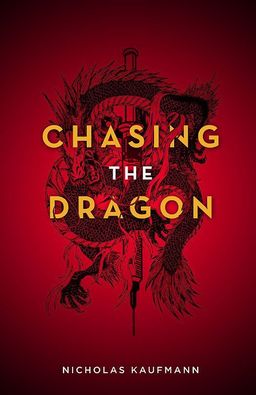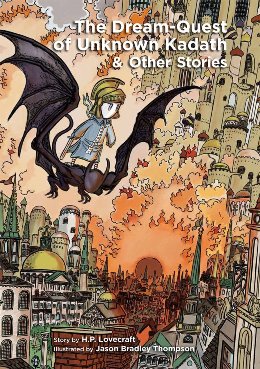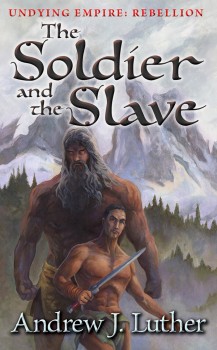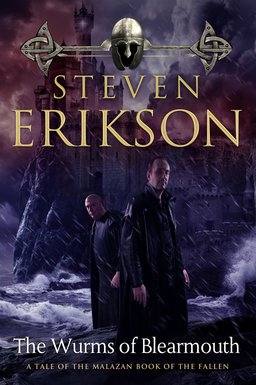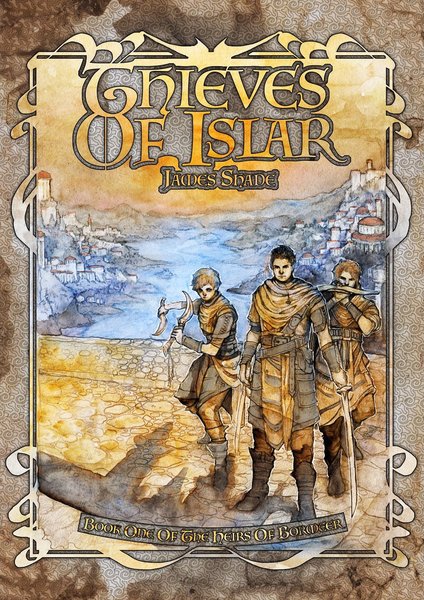Another Term: Bound in Blood by P.C. Hodgell
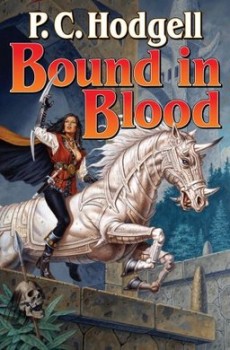 With Bound in Blood (2010), P.C. Hodgell continues to blow me away with her talent for telling tales. It’s the fifth book in the Kencyrath series, and the second one about our heroine Jame’s time at military school, the randon academy at Tentir. It’s not the most compelling novel so far. In fact, it’s more of a collection of stuff that happens to Jame or stuff she does. That the book manages to hold a reader from cover to cover proves just how good Hodgell is.
With Bound in Blood (2010), P.C. Hodgell continues to blow me away with her talent for telling tales. It’s the fifth book in the Kencyrath series, and the second one about our heroine Jame’s time at military school, the randon academy at Tentir. It’s not the most compelling novel so far. In fact, it’s more of a collection of stuff that happens to Jame or stuff she does. That the book manages to hold a reader from cover to cover proves just how good Hodgell is.
First, the mandatory recap:
Thirty thousand years ago, Perimal Darkling began to devour the series of parallel universes called the Chain of Creation. To fight against it, the Three-Faced God forged three separate races into one: feline-like Arrin-Ken to serve as judges; heavily-muscled Kendar to serve as soldiers and craftsmen; fine-featured humanoid Highborn to rule them. For 27,000 years, the Kencyrath fought a losing battle; one universe after another falling to the darkness. Three thousand years ago, the High Lord Gerridon, fearful of death, betrayed his people to Perimal Darkling in exchange for immortality. Fleeing yet again, the Kencyrath landed on the world of Rathilien. Since then, they haven’t heard from their god, and Perimal Darkling has seemed satisfied to lurk at the edges of their new home. Monotheists trapped on an alien world with many gods, the Kencyrath have had to struggle to make a life on Rathilien.
Now, the power of the Three-Faced God seems to be reappearing. The Kencyrath believe that only the Tyr-ridan, three Highborn reflecting the three aspects of their god — destroyer, preserver, and creator — will be able to defeat Perimal Darkling. Jame, raised in the heart of Perimal Darkling, is fated to be the Regonereth, That-Which-Destroys.
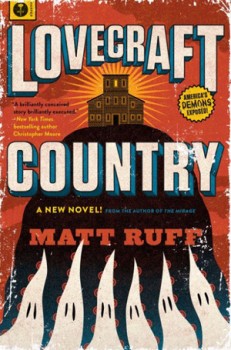 Lovecraft Country
Lovecraft Country